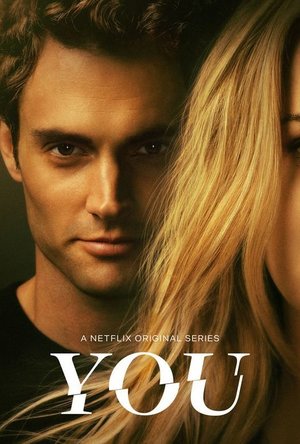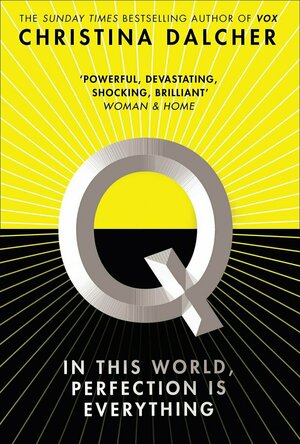Eleanor (1463 KP) rated You - Season 1 in TV
Jun 7, 2019 (Updated Jun 7, 2019)
Joe is straight off the bat creepy stalker guy when he becomes obsessed with Guinevere “Beck” (Elizabeth Lail) off the back of meeting her in his bookshop - as if Amazon isn’t doing enough on its own to kill independent bookshops…. Convinced they should be together to pretty much save Beck from herself, Joe goes to ever increasing lengths to get to know everything about her and start manipulating her to become part of his life. It offers up a strong commentary on the power social media as well as the back stabbing competitive world of literature and socialites in New York
The narrative from Joe is hypnotic in him justifying his actions and Badgley’s voice is a perfect mixture of good wholesome guy with undertones that just make you shiver. As the series progressed, I got less and less creeped out by Joe and more frustrated with the other characters (oh my maybe Joe is brainwashing me.) With an almost Dexter feel to cheering on Joe at times I had to keep reminding myself that his moral compass was way off in comparison, just because someone is a self obsessed a****** doesn't mean they deserve to die.
The series started off very strongly but did drop off midway and I worry if the second season can bring back the initial engagement, I’ll certainly be tuning in to find out.
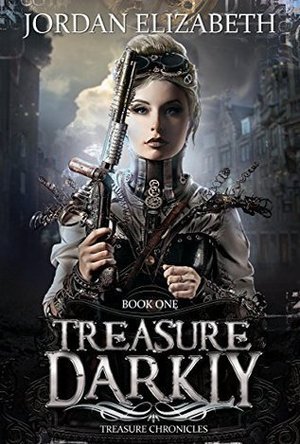
Treasure, Darkly
Book
Seventeen-year-old Clark Treasure assumes the drink he stole off the captain is absinthe… until...
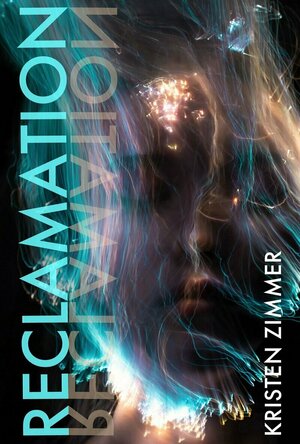
Reclamation (Dark Horse #1)
Book
This is your future. The United States of America has been gone for over a century. In its...
Dystopian Science Fiction LGBTQ+

Hexen 2.0: Suzanne Treister
Suzanne Treister and Lars Bang Larsen
Book
HEXEN2.0 is the sequel to HEXEN 2039 which imagined new technologies for psychological warfare...
BookInspector (124 KP) rated Q: The Novel in Books
Sep 24, 2020
I loved the narrative of this book. The whole concept of this novel intrigued me. I liked the topics discussed in this novel, such as partner and family relationship issues, WWII, perfectionism, political propaganda and brainwashing, children abuse, people segregation and many more. I really enjoyed the research done for this novel, I like history, and I loved real historical stories incorporated in this novel. I think this novel is quite fast-paced, and the pages just flew by for me, I was really engrossed in this story.
I really enjoy C. Dalcher’s writing style, she creatively uses political situations, to create these amazing dystopian countries and rules, that leaves me gobsmacked every time. The chapters are really short, and it is an absolute pleasure to read this novel. The ending of this book left me a little confused, I liked the way the author decided to conclude this novel, but it didn’t leave me fully satisfied with the outcome.
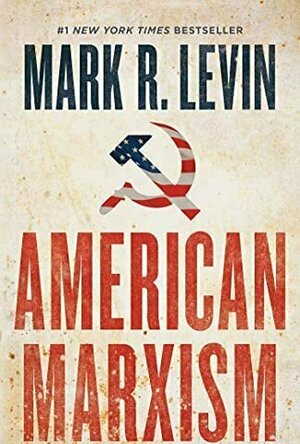
American Marxism
Book
The seven-time #1 New York Times bestselling author, Fox News star, and radio host Mark R. Levin...
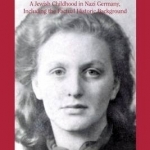
Laugh or Cry: A Jewish Childhood in Nazi Germany, Including the Factual Historic Background: 2015
Book
Sylvia Hurst (nee Fleischer) was fortunate enough to be on one of the last Children's Transports by...
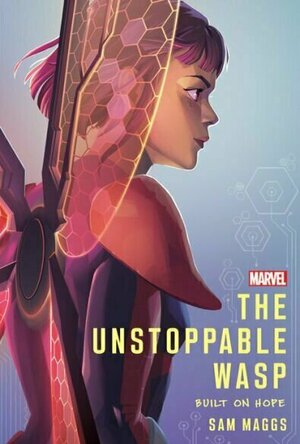
The Unstoppable Wasp: Built on Hope
Book
Bestselling author Sam Maggs brings Nadia Van Dyne (the Unstoppable Wasp) and her genius friends to...
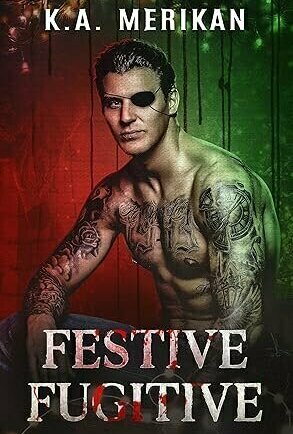
Festive Fugitive (Murder and Mistletoe #3)
Book
I didn’t expect my Christmas gift to be six-foot-two, a trained killer, and obsessed with me. Eli...
Contemporary Dark MM Romance Seasonal
Rachel King (13 KP) rated Vampire Academy in Books
Feb 11, 2019
I really like the way that Mead separates the "good" vampires from the "bad" vampires with the Moroi and Strigoi (although I would love a pronunciation guide) as almost two different species. There is actually a major consequence to being evil - loss of magic - with no exceptions. Mead builds an excellent world of clear-cut rules that I can appreciate.
The interplay between Rose and Lissa is fascinating both for Rose's unwavering dedication to Lissa, as well as Lissa's almost surreal innocence. If it weren't for Lissa's "madness" she would seem almost faultless. Normally, I find characters like this to not be believable, but since she is bonded to Rose, it almost seems as if they are two halves of the same person, one dark and one light. The dhampir lifestyle that Rose is a representative of seems like a cross between brainwashing, slavery, and the use of a caste system, but Rose seems to be a very willing participant. I can't decide if I like this or not, but Rose seems to be quite happy with it, especially given her abilities.
What I like most is Rose's relationship with Dimitri. In a word - hot! There is nothing like a forbidden romance to make me want to keep reading way past my bedtime as I root for every training session to go beyond the norm. Of all the ways for Victor Dashkov to distract Rose and Dimitri, there are worse ways than the much-needed lust spell. That was a fantastic way to make them aware of their feelings for each other, which may never have happened otherwise due to each other's strong sense of duty and responsibility.
The one minor thing that bothers me about this world that Mead has constructed as the lack of addressing the topic of money. For instance, Rose has been attending the Academy almost since she was born, but who pays for that?
